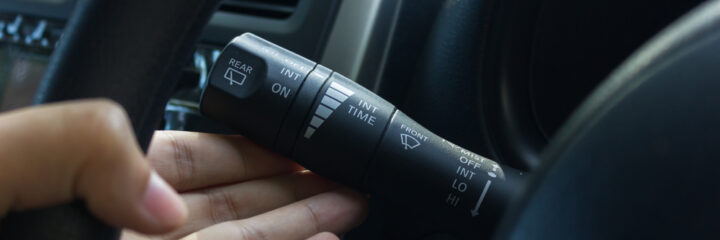Driver or passenger, we all get accustomed to the familiar, completely normal sounds an automobile makes, like the humming of the engine while it runs. As the car gets older though, you might begin to notice new unfamiliar noises in the mix, like a pop sound when you turn the steering. These noises may get you worried and take the pleasure out of the driving experience.
If you are like us, you can hardly drive your car in peace until you figure out just what’s making the pop noise when you make a turn. It’s easy for drivers and motor owners to assume the sound is coming directly from the steering wheel, but that’s usually not the case. The Steering system controls the movement of the wheel, and the noise could be coming from any of the various components that make up such a complex system.
A damaged CV joint, bad struts, loose hubcaps, a loose drive belt tensioner, and irregular tire inflation can all be to blame for the pop noises you hear when you turn your steering. Now, let’s take a quick look at these factors.
1. Bad Struts
Does your car have struts? In a nutshell, struts are typically made up of a spring and a shock absorber. Its job is primarily to absorb shocks from vehicle jolts, but it also serves to maintain the car’s height and wheel alignment. Both the front and back struts are highly essential parts of the steering and suspension system, obviously. So, how do they absorb shocks and dampen vehicle jolts? Using spring coils and a cylinder filled with gas or liquid.
Unfortunately, struts, like most components of your car, are susceptible to wear, and when that happens, the suspension system will no longer be able to absorb shocks as it should. In this case, the popping sound you hear when turning is actually the least of what could go wrong, as driving your car with bad struts can also affect the anti-lock braking system.
2. Damaged CV Joint
A worn CV joint is reportedly the most common cause of popping noises from the wheels. Besides the popping sound, a bad CV joint can cause shuddering or side-to-side shaking upon acceleration. The Constant Velocity (CV) joints connect the vehicle’s transmission to the wheels. The CV joint transmits even levels of torque to the wheels when in motion. This helps maintain the flexibility of the axle and keeps the wheel in motion, no matter the angle the car turns. A broken CV joint will diminish the flexibility of the axle and cause popping noises. Don’t postpone replacing a worn CV joint. You could lose control of the vehicle entirely should the joint disintegrate while you’re driving. A broken CV joint will leave your car undrivable.
3. Loose Drive Belt Tensioner
The drive belt tensioner works in conjunction with the serpentine belt to provide the required power engine components need to function. The drive belt tensioner keeps the drive belt taut as it performs its work, so it doesn’t tap against the car and make noises. So, check to see if the drive belt tensioner isn’t loose.
4. Loose Hubs
A hubcap is a decorative disk (metal or plastic) that covers the center portion of the wheel. It reduces the accumulation of moisture and dirt in the wheels. The hubcap has lug nuts that keep it in place. When these lug nuts loosen, it will cause the hubcap to wiggle freely, causing wobbling, rattling, and popping noises as you drive.
5. Irregularly Inflated Tires
Irregularity in the shape, size and inflation of your tires could cause them to make unfamiliar popping sounds as you drive. It will also aid wear and tear. So, ensure your tires are always at the correct specifications and pressure.
To Recap
You wouldn’t be wrong to view the popping noise coming from your car like you would a warning light on your dashboard. The noise, just like your dashboard indicator, is not stopping your car in its tracks, but it is an indication of an anomaly. If you hear popping noise whenever you make a turn, it is most likely an indication of issues with struts, CV joints, hubcaps, drive belt tensioner or tire condition.
No matter which of these is the problem, have them fixed right away. It’s dangerous to drive a car with bad struts or CV joint, and you don’t want to drive with a loose belt tensioner or hubcaps.


